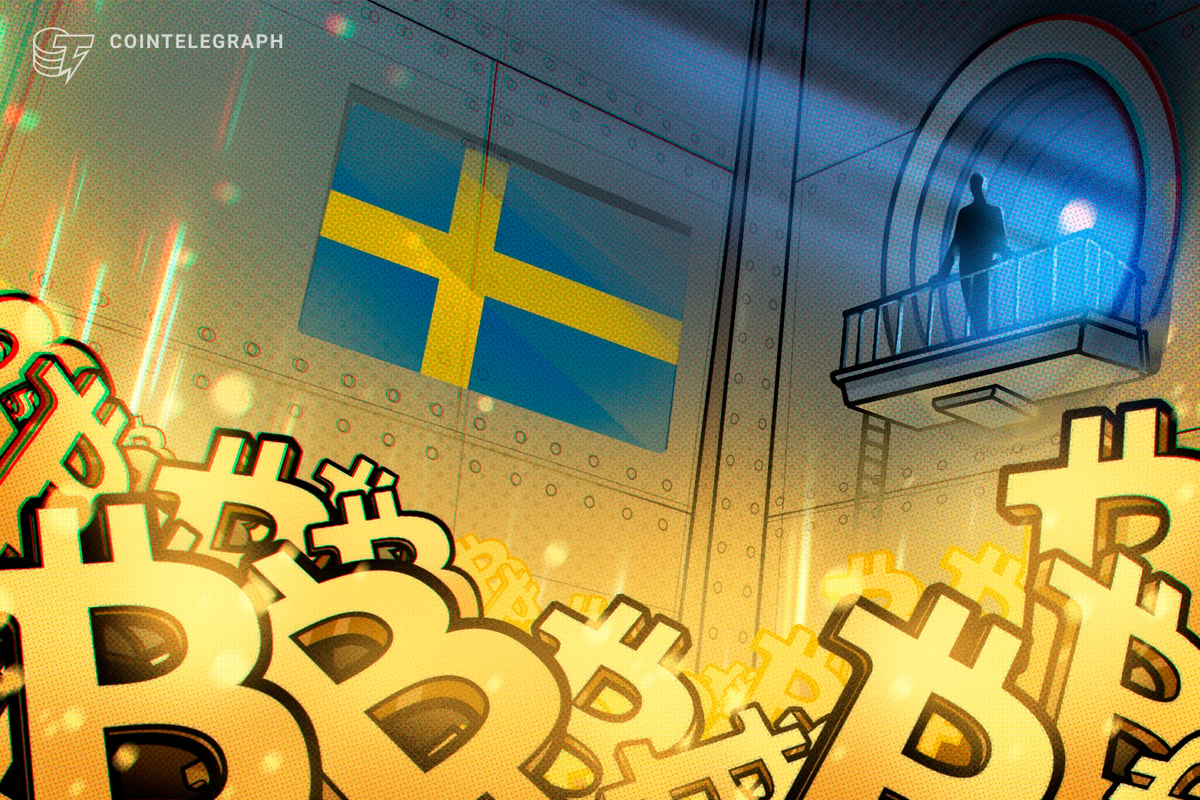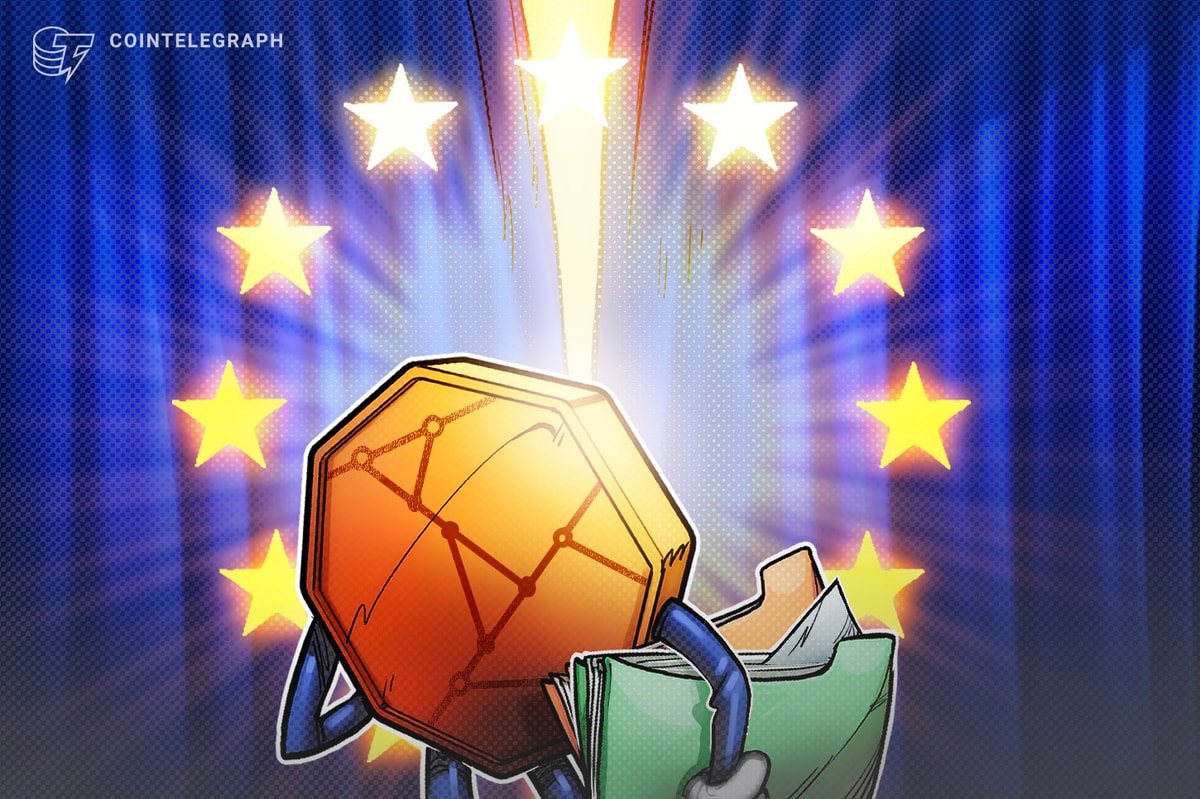
The Swedish National Land Survey (Lantmäteriet) recently announced that it is conducting trials of a system that uses blockchain technology for land registration. The project, if successful, could have a major impact on how land deals are conducted.
The Lantmäteriet, in partnership with Swedish blockchain company ChromaWay‚ consulting firm Kairos Future and telecommunications company Telia, developed the proof-of-concept of the technology that demonstrates how blockchain technology and smart contracts can make land registration more secure by minimizing the risk associated with manual handling and transferring of land documents or contracts.
According to a blog post, the proof-of-concept was developed using Telia’s identity verification technology on top of a new smart contract system developed by ChromaWay compatible with both public and private blockchain. Kairos Future, in turn, managed the process and coordinated an accompanying report, while the sponsorship and feedback for the project was provided by the Lantmäteriet.
Speaking to Bitcoin Magazine, ChromaWay CEO Henrik Hjelte said that by employing digital signatures and doing away with the need for a centralized database to store and maintain land records, smart contracts and blockchain technology can reduce the time it takes it to conduct land deals, at the same time making it more secure.
“By using digital signatures in all steps in the process of selling a house we can bring down the total time of doing a deal from several months, say three months on average, to less than a day or a few days," Hjelte said. “The use of digital signature will reduce the time even for a centralized database, but a database can easily be subjected to ‘update’ attacks where history is changed. Blockchain and our smart contracts add a chain of evidence that comes from a history that cannot be changed. There are multiple copies stored by several actors, digital signatures of all steps in the workflow and agreement to the steps in the workflow and who can do what. We think that this adds a great deal of value. Also, our solution makes it impossible to enact certain kinds of fraud that occur now and those are not theoretical frauds. People actually get away with selling properties they don't own.”
Hjelte said that smart contracts can reduce the risk of registering incorrect information and the inability to get title deed and the confirmation from the land registry of ownership of the land. At the same time, the blockchain can regulate and control the workflow, digital signage, correctness of the document and the rules and order of authorization with a unique digital fingerprint.
Hjelte, however, clarified that his company’s solution does not, at this stage, mean the "traditional idea" of putting tokens representing the house "on" a blockchain. Rather it is about reforming the workflow of selling a property that integrates with existing systems for keeping track of who owns what.
"What we are doing is modeling the workflow of selling a house,” Hjelte said. “The buyers, sellers, land registry, real estate agents all see the same information. Only the parties involved can see the information, and need to see it. A digital identity system is administered by Telia, and digital signatures are used to verify all the steps in selling a house.”
Hjelte further adds that besides land registry, their technology can integrate with other vendors and can be applied to other use cases as well.
"We have some interesting features that allow private information in smart contracts called 'client sign,'” Hjelte said. "For us, the default is that information is executed by the parties involved in the contract. Then the smart contracts can be integrated with various blockchains that can provide evidence. Ethereum could be one of those blockchains. Bitcoin could be another. For this concept we have used our own private blockchain but one of the good things is you can basically mix and match the features that you want for your particular application.”
According to Hjelte, proof-of-concept will be followed up with more project development and testing that will involve real estate agents and banks. Interested parties can access the white paper and a technical demo of the project here.










